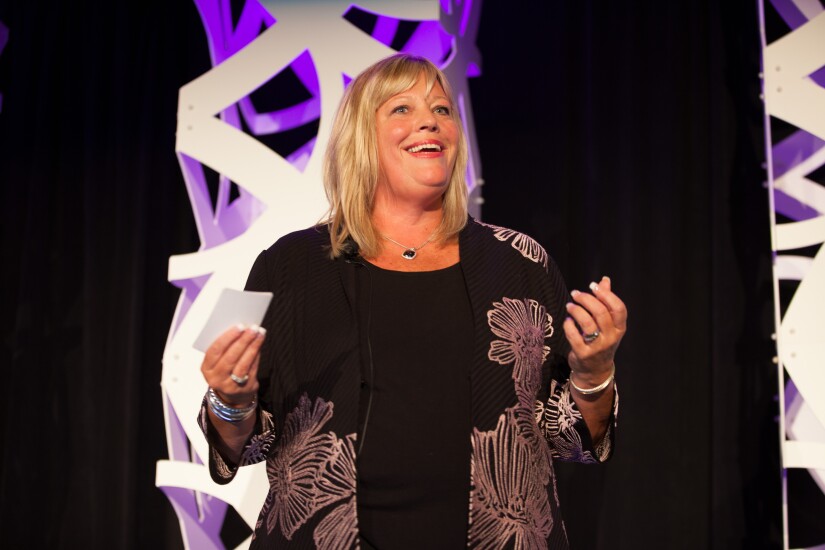Fiserv's agreement to sell the majority stake in its investment services business to private-equity firm Motive Partners will be the first of many deals for the newly formed joint venture, says Cheryl Nash, president of investment services at Fiserv.
Fiserv's continued support, blended with the business-building ambitions of Motive, will position the still-unnamed venture into a buyer's market in wealth management, Nash says.
“There's just so much opportunity for growth in wealth management,” says Nash, who will lead the new joint venture.
“We might need some acquisitions to tie up some loose ends,” Nash acknowledges. “When we look at the acquisitions out there, obviously there's opportunities for us to make a big, big difference.”
Fiserv’s wealth management business provides technology to seven of the top 10 U.S. broker-dealers and nine of the top 12 U.S. retail asset managers, according to the firm.
Motive is owner of financial data firm Dun & Bradstreet, in addition to being an investor in several European fintechs.
Read what else Nash has to say about how the deal came together and what it means for the future of the venture.






